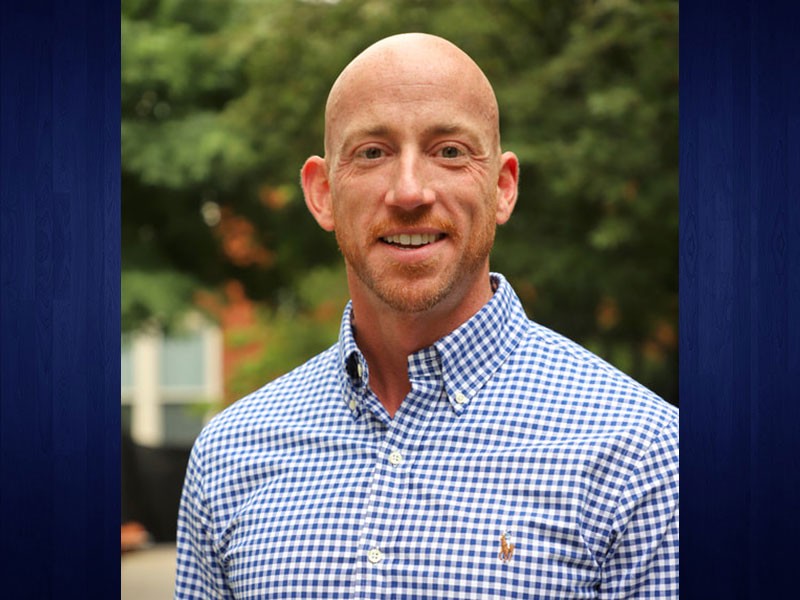An international affairs expert at the University of Georgia said Friday that no one can predict what will happen in the standoff over Ukraine because no one knows for sure what Russia really wants.
Russia has deployed more than 100,000 troops to its border with Ukraine, but Andrew Owsiak, a professor of international affairs, said the troop buildup does not a Russian invasion is inevitable.
Owsiak said two likely scenarios are possible. First, Russia is using the buildup to force the United States and other western countries to negotiate over NATO. Russian President Vladimir Putin has demanded that NATO stop any expansion westward, that it remove troops from countries on the Russian border and that it permanently deny Ukraine admission to the alliance. The West has rejected those demands.
The second, Owsiak said, is that Putin could be making extravagant demands about NATO, knowing they'll be denied, giving him the pretext he wants to invade Ukraine.
"Without knowing which of those two scenarios we're facing, it's hard to design a policy," Owsiak said. "Is this slow buildup and deployment a larger signal of how important this issue is to Russia, and a way to force some negotiation, rather than setting up an invasion? And that's the difficulty that the government is facing right now. It's figuring out what exactly the intention is."
Owsiak said if Russia decides to invade, it will, and the Ukrainian military will not be able to stop it. it's unclear, he said, how the much the West intends to step in militarily.
But he also said an invasion does not make long-term sense for Russian. The western part of Ukraine is very pro-Western and does not want to be part of Ukraine.
"My suspicion is if they invade, they invade in the eastern part and sort of stop," Owsiak said. "That would be my best guess for what would happen if they were to cross over the border."
The Biden administration last week threatened new sanctions against Russia if it invades. The U.S. and other western countries already have some sanctions in place, many dealing with banking and finance. The current sanctions were put in place following Russia's invasion of Crimea in 2014.
Owsiak said sanctions do not always work because the people in power – in this case, Putin – aren't affected by them. But the administration's plan to target Putin's assets, wherever they're located, and to prevent movement among countries does begin to hit at the inner group of people in charge.
"And that may be effective," he said. "To that extent, also affecting Russian finances in the banking system may be effective, but broad-based sanctions in systems where the government can push the cost of the sanctions off onto others, it will do that. Typically, you won't see much of a policy change simply because they won't affect those making the decisions in Moscow."









